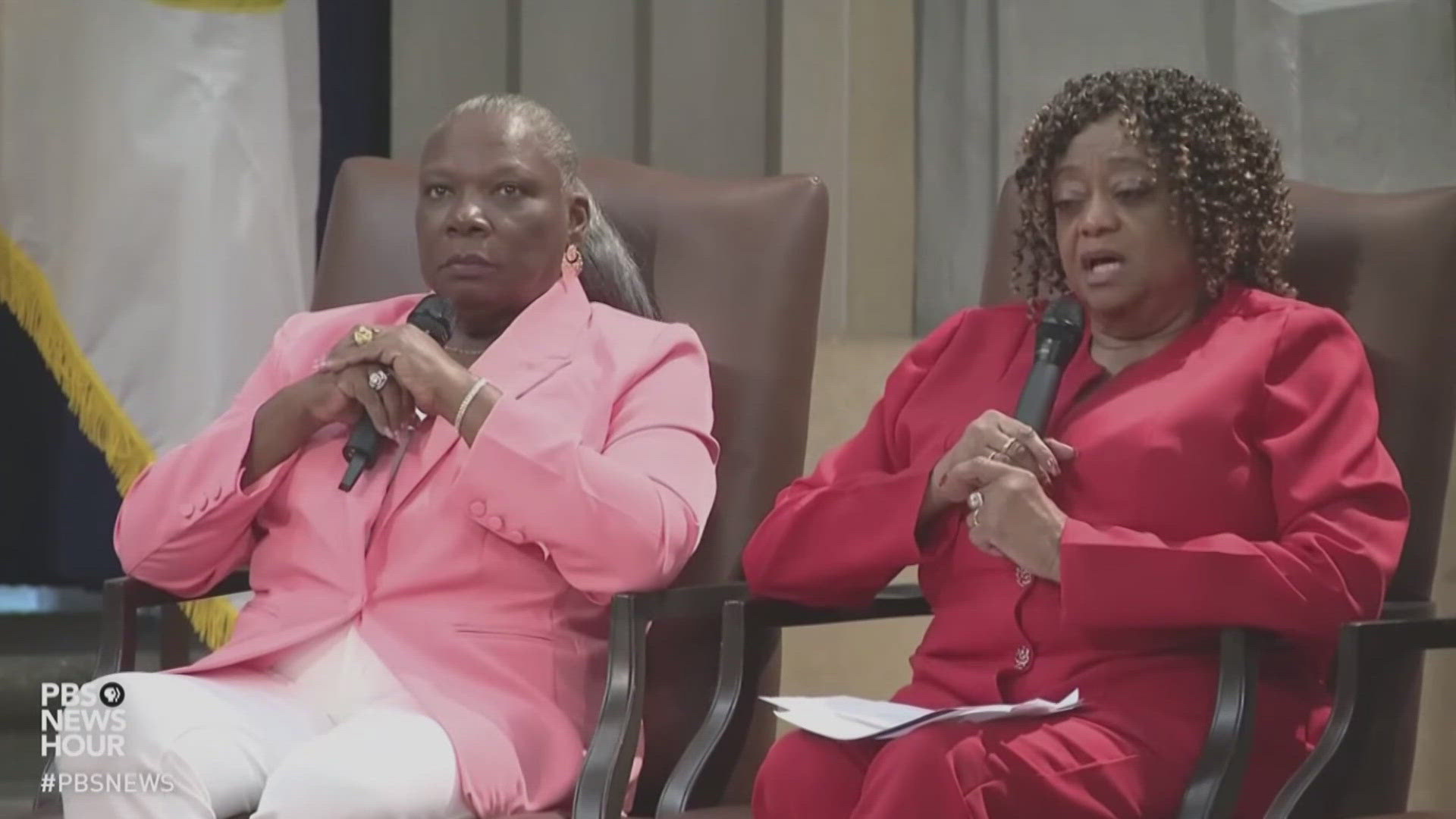Lolis Edward Elie, a lawyer and leading figure in the civil rights movement whose clients included protestors, lunch counter sit-in participants, Freedom Riders and Black Panthers, died Tuesday. He was 89.
His death was reported by John Pope of The Times-Picayune, where Mr. Elie’s son, Lolis Eric Elie, a journalist and screenwriter, worked as a columnist for several years.
From the 1960s up until his retirement shortly after Hurricane Katrina, Mr. Elie brought a passion for civil rights and social justice to his law practice, representing countless demonstrators and protestors, and taking up the cause for integration in court.
In a statement, Rep. Cedric Richmond, D-Louisiana, called Elie a tireless advocate and champion for justice. "Elie represented the best of who we are, and pushed Louisiana and the nation to reach that standard. We all have him to thank for how far we have risen since the day he first joined a picket line and for the heights we will reach in the future.”
In 1960, the New Orleans chapter of the Congress of Racial Equality (CORE) asked Elie and his firm to represent group members after a sit-in campaign when chapter president Rudy Lombard and three others, including chapter member Oretha Castle, were arrested for staging a sit-in at a McCrory’s lunch counter on Canal Street. They appealed the case to the U.S. Supreme Court which declared the city’s bans on sit-ins unconstitutional.
Mr. Elie’s firm also provided free legal counsel for the Consumers’ League, a group of activists that organized in his law office to protest discriminatory employment practices on Dryades Street, where Mr. Elie's office (with partners Nils Douglas and Robert Collins) was located.
In the 1970s, Mr. Elie also represented a group of young Black Panthers who became involved in a shootout with New Orleans Police in the former Desire public housing development. He defended them by saying they were “standing up for human dignity,” according to The Times-Picayune. He said they were armed because they assumed there would be a violent confrontation with police. The men and women were acquitted at trial, which was overseen by a black judge.
“When we got to the civil rights movement, I would have to say that the most important thing that came out of it was a rising of the consciousness on the part of African-American people. The world that I inherited was a world that said white people were superior, and people of African descent were all powerless. What the civil rights movement did was to remove that. It raised our consciousness,” he said in a 2003 panel discussion at the Tennessee Williams/New Orleans Literary Festival recorded by C-SPAN.
In 1961, Elie defended members of the Freedom Riders, whose were beaten and jailed and had their bus set afire after they traveled the country to protest discrimination. Elie was one of seven supporters of the Freedom Riders who met with then-Attorney General Robert Kennedy. Kennedy encouraged the group to shift their efforts to registering black Southerners to vote.
In a 1997 WWL-TV interview, Elie was asked to sum up the progress that he and other key civil rights leaders witnessed over the years.
“I think what it effectively did was create a middle class. For example, in 1959 when I finished law school, there were about 10 African-American lawyers in the city of New Orleans and probably 30 in the state. There are hundreds now, hundreds of doctors. On the other hand, you have more people in prison now than ever. You have more African-American males in prison than you have in college, so it’s better for some, much worse for others.”
A native of New Orleans, he attended Gilbert Academy, Howard University and Dillard University and was a graduate of Loyola University College of Law.
“My involvement in the civil rights movement, like most people, was quite accidental. I didn’t go to law school to become a civil rights lawyer. The job I had just before I became a lawyer was a porter and waiter at Audubon Park Golf Club. As a matter of fact, that’s how I earned my second year of tuition to go law school,” Mr. Elie said in 2003.
In addition to his work in private practice, Mr. Elie was later a Civil District Court judge and assistant district attorney.
In addition to his son, Mr. Elie is also survived by a daughter, Dr. Migel Elie; three grandchildren and three great-grandchildren.
Funeral arrangements are pending.


